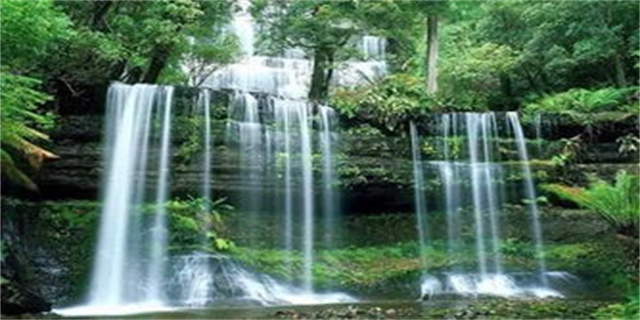hydrogenchloride(Hydrogen Chloride (HCl))

Hydrogen Chloride (HCl)
Introduction
Hydrogen chloride (HCl) is a highly corrosive and toxic gas that plays a vital role in various industrial processes and applications. This article aims to provide an overview of HCl, its properties, production methods, and significant applications.
Properties of Hydrogen Chloride

Hydrogen chloride is a colorless gas with a distinct, pungent odor. It is highly soluble in water and forms hydrochloric acid when dissolved. The boiling point of HCl is -85.1 °C (-121.2 °F), while the melting point is -114.2 °C (-173.6 °F). It is important to note that the gaseous form of HCl can react explosively with some metals.
Production Methods

1. Direct Combination
One of the most common methods for producing hydrogen chloride is through the direct combination of hydrogen gas (H₂) and chlorine gas (Cl₂). This reaction is highly exothermic, and it is typically carried out in a controlled environment to prevent any hazards associated with the process. The chemical equation for this reaction is as follows:

H₂(g) + Cl₂(g) → 2HCl(g)
2. Hydrochloric Acid Dissociation
Hydrogen chloride can also be produced through the dissociation of hydrochloric acid (HCl) with water. This method involves passing hydrochloric acid vapor over a heated catalyst, such as silica gel or aluminum oxide. The resulting reaction equation is:
HCl(g) + H₂O(g) → H₂O(l) + HCl(g)
Applications of Hydrogen Chloride
1. Production of PVC
One of the significant applications of hydrogen chloride is in the production of polyvinyl chloride (PVC). HCl is used to chlorinate the vinyl chloride monomers, forming PVC resin. This process involves the reaction between vinyl chloride (C₂H₃Cl) and HCl:
(C₂H₃Cl)n + mHCl → (C₂H₃Cl)m(C₂H₂Cl₂)n
The resulting PVC resin can be further processed into a wide range of products, such as pipes, cables, and vinyl flooring.
2. Steel Pickling
Hydrogen chloride is commonly used in the steel industry for the pickling process. Pickling involves the removal of impurities, such as rust and scale, from the surface of steel. HCl is a highly effective acid for this purpose, as it reacts with these impurities to form soluble chlorides, which can be easily washed off. The concentration of HCl used in pickling can vary depending on the specific requirements of the steel being treated.
3. pH Regulation
Hydrochloric acid, which is produced by dissolving HCl in water, is widely used for regulating pH in various industrial processes. It is commonly used in wastewater treatment plants, swimming pools, and laboratories. The acidic nature of HCl allows it to neutralize alkaline substances effectively.
Conclusion
Hydrogen chloride is a versatile chemical compound with numerous industrial applications. From its role in the production of PVC to its use in steel pickling and pH regulation, HCl plays a crucial part in various processes. However, it is essential to handle HCl with caution due to its corrosive and toxic nature.











